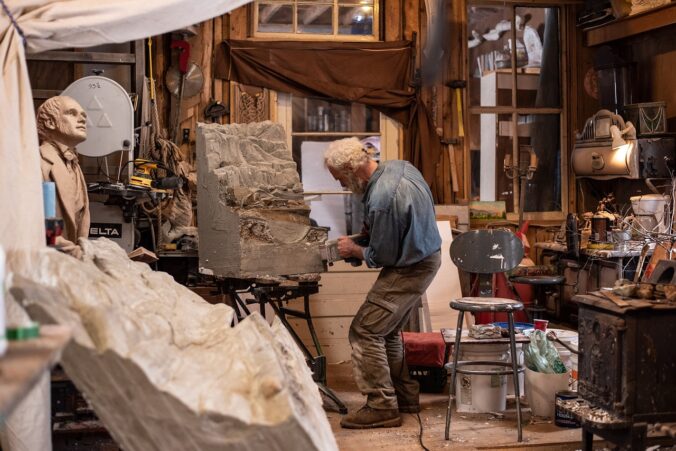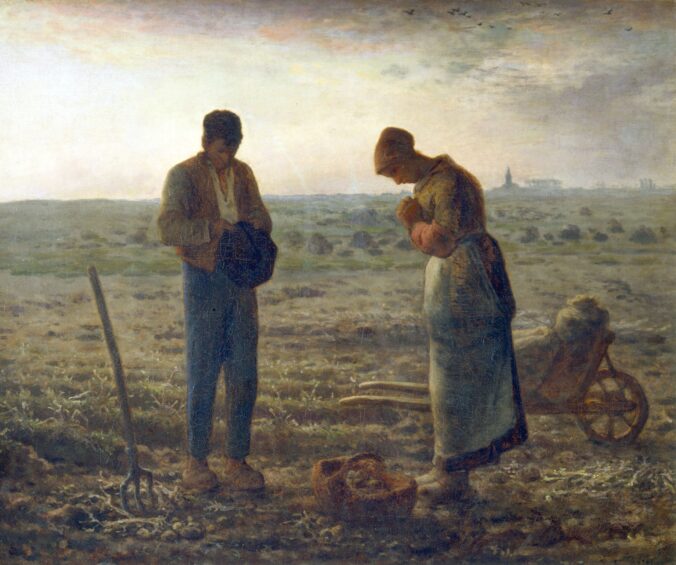I waited all day for my friend to call. I had helped her out the day before by resolving a matter that was causing some stress.
I knew she was relieved about the outcome … almost jubilant. I was thrilled to have helped her. I smiled to myself early in the day, as I thought about the call and conversation that would surely come.
But she never called.
So I waited throughout the next day – checking several times to make sure my phone was working and checking email to see if she’d perhaps sent an email instead.
Nothing.
And then I thought about Jesus, and all the amazing things He does to prepare and redirect and resolve things unseen that move around us every day, making our way easier and better. We feel happy when things turn out well. Maybe we celebrate with a special meal or by taking some time for ourselves.
Do we spend time in the silence with Jesus, thinking about the role He plays in every goodness we receive? There is always at least one drop of goodness in each day. Do we stop to thank Jesus each day?
In the Gospel of John, Jesus has this to say:
“’I am the vine, you are the branches. He who abides in Me, and I in him, he it is that bears much fruit, for apart from Me you can do nothing.’” John 15: 5
In these verses, Jesus confirms that He IS the source of all goodness and mercy, and that He wants to work with us and through us. As we keep returning to Jesus, He fills us with even more goodness and love that we can then share with others.
Jesus waits for us to keep returning to Him.
As I thought more about my friend and about Jesus, both of whom I love, I made a promise to take more time to be present with friends and loved ones – and in particular, to be more intentionally present with Jesus.
Jesus loves us so deeply. We know from the words of the New Testament writers how much Jesus loved his disciples, family and friends.
Saint Maria Faustina Kowalska, a Polish nun and an apostle of Divine Mercy, recorded these beautiful words from Jesus in her Diary, after spending time with Him in Eucharistic Adoration:
“Tell aching mankind to snuggle close to My Merciful Heart, and I will fill it with peace. Tell [all people], My daughter, that I am Love and Mercy itself. When a soul approaches Me with trust, I fill it with such an abundance of graces that it cannot contain them within itself, but radiates them to other souls.”1
Thank you, Jesus, for loving us.
1Saint Maria Faustina Kowalska, Diary of Saint Maria Faustina Kowalska: Divine Mercy in My Soul (Massachusetts: Marian Press, 2020), Verse 1074, page 404.




Recent Comments